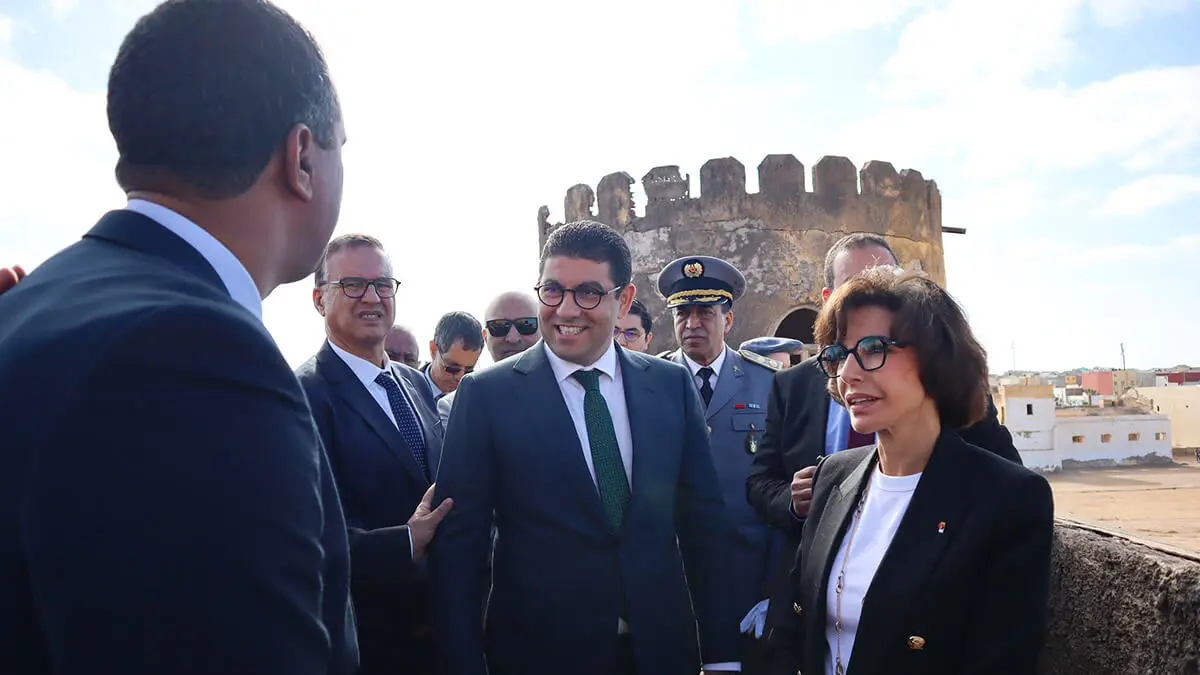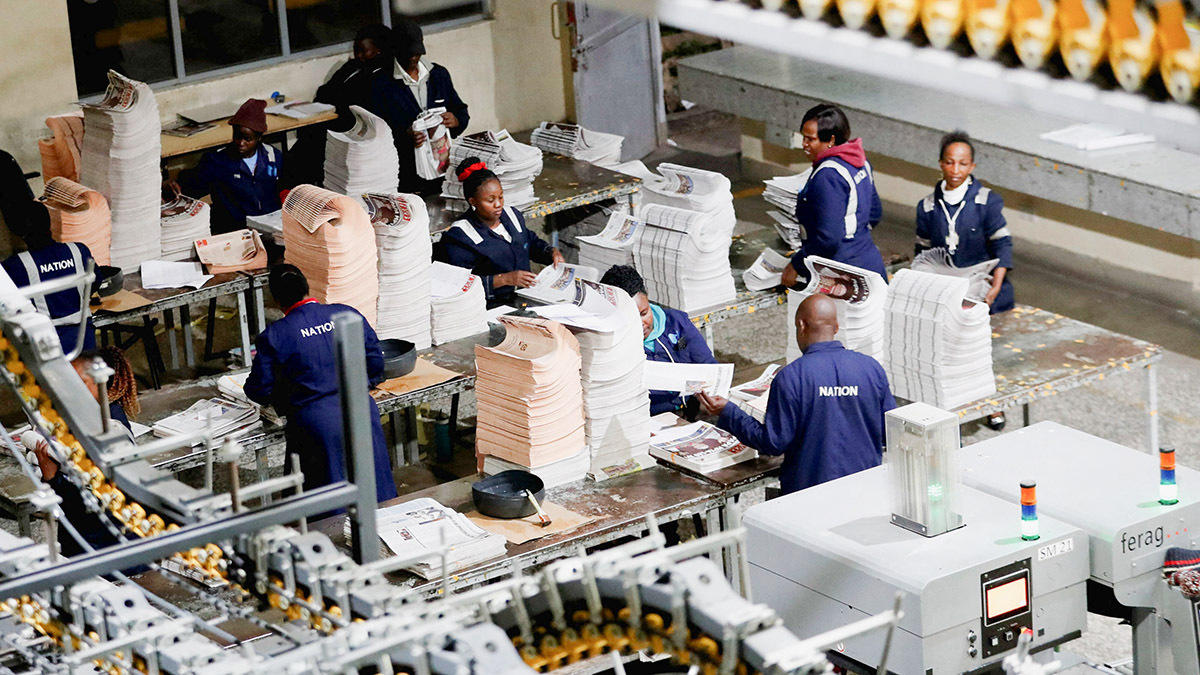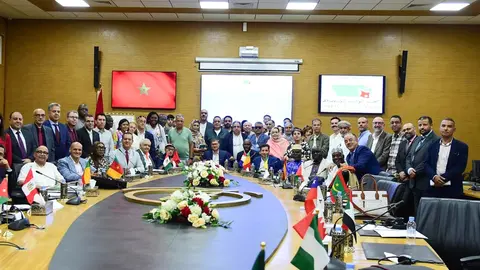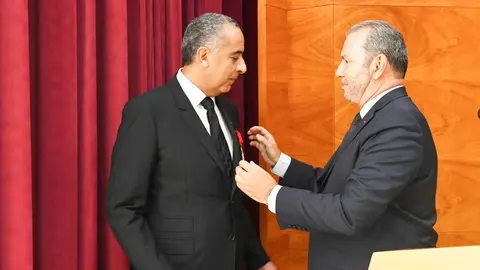Morocco fights against disinformation

The Minister of Culture, Youth and Communication, Mohammed Mehdi Bensaid, confirmed that a media monitoring and surveillance system has been created to combat attacks against the Kingdom of Morocco in the virtual space.
The North African country has been the target of many digital offensives in recent years, most of which are political in nature and touch on controversial issues such as Western Sahara and migration.
During the last parliamentary session, Minister Bensaid warned of the escalation of these campaigns, which aim to damage the integrity of the Kingdom of Morocco, and pointed out that a special department has been created to combat this virtual war, which will track down fake news and analyse it in order to confront it and respond.

He explained that, at the same time, there will be a media surveillance system that will monitor, together with the Ministry, publications related to Morocco.
He also stressed the importance of strengthening the national media with the support of the government, because, in his view, they are the first line of defence in the fight against fake news.
According to Al Arab, opponents of Morocco's ideology and its actions in the international arena are allying themselves with the media to spread false and misleading news that distorts the country's image.
Algerian groups and the Polisario Front are among those who oppose the integrity of the nation, particularly over the issue of Western Sahara.

Those opposed to the Kingdom of Morocco are also unhappy with the nation's foreign policy, which is based on balance and equality, as well as on rejecting European blackmail and opening up to Africa.
Another reason for the campaigns is the confusion surrounding progress in various areas, such as renewable energy and foreign investment in the territory. This is not to the liking of neighbouring powers in the Maghreb.
The attacks range from reports of dubious intent by international organisations to fake news on social media that damages public opinion. Even fake investigative journalism is used to question the legitimacy of the state.
MP Aziza Boujrida warned that these channels not only publish false political information, but also ‘deliberately steal Morocco's cultural heritage’, referring to a former minister from another country who appropriated couscous as his own country's dish.
She recalled the offensive report by an official Algerian channel that flagrantly insulted Moroccan citizens who participated in the Green March. It was an attack on the history and dignity of the people.
This false narrative that the attackers are working so hard to construct is based on the premise of undermining confidence in the Moroccan kingdom.
That is why the Moroccan government insists that the national media be professional and always disseminate accurate and reliable information to citizens, especially on issues of justice, freedoms and human rights.
Minister Bensaid mentioned a Moroccan media outlet on the Sahara that ‘includes information on the progress that has been made on this issue, including from a social and economic perspective,’ thus combating denigrating rumours from the local level.
Experts recommend opening information channels and platforms in several languages to combat harmful information and false rumours, as well as establishing connections and alliances with foreign media to help tackle the problem globally.
Morocco has shown that it will not remain silent in the face of its enemies' digital offensives and that it is entering this ‘soft war’ to protect its dignity and that of its people.










